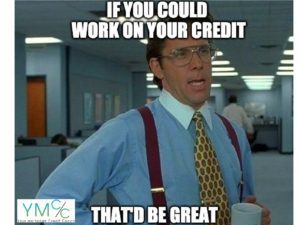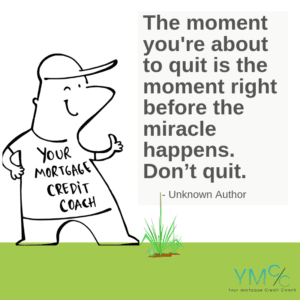Younger Doesn’t Always Equal Better
Categories: Credit Tips
The world is your oyster, especially when you’re young.
In your 20s, you might embark on an exciting career, or fall in love and start a family, or hop on a plane and travel the globe. Why not? This is the time to explore, adventure, and launch yourself into adulthood.
Anything is possible.
Well, not anything.
Unfortunately.
When you’re young, you have thin credit. This means:
- You haven’t had enough time to build up your credit history.
- You make rookie mistakes—like paying bills late—that hurt your score. A lot.
- Your credit mix, well, stinks. Compared to someone in their 60s, you likely haven’t owned multiple houses, cars, credit cards, insurance plans, etc.
- You’re prone to dropping into the FDIC’s subprime market. One out of three people fall into this category with a credit score of 650 or less.
Being young is great—except when it comes to credit. But, it’s okay. The past is the past. Now it’s time to look to the future, improve your score, and own the home you’ve always dreamed of. Learn more at smartwithdebt.com.
One of the biggest credit pitfalls you might fall is closing accounts when they’re paid as agreed upon. Believe it or not, it isn’t good to close an account that’s already open and being paid as agreed.
For example, Jack has five cards, each with a $500 balance. However, only one is being used. Creditors will say, “Okay, he has $2,500 available, but he’s only using $500. That means his credit usage is good.” If Jack closes the four cards he isn’t using, creditors will say, “He has one card, and he owes $500. His credit usage stinks!”
Want to learn about other pitfalls and credit strategies? Go to smartwithdebt.com.
Friday Fun – That’d Be Great
Categories: Credit Tips, Debt Management

